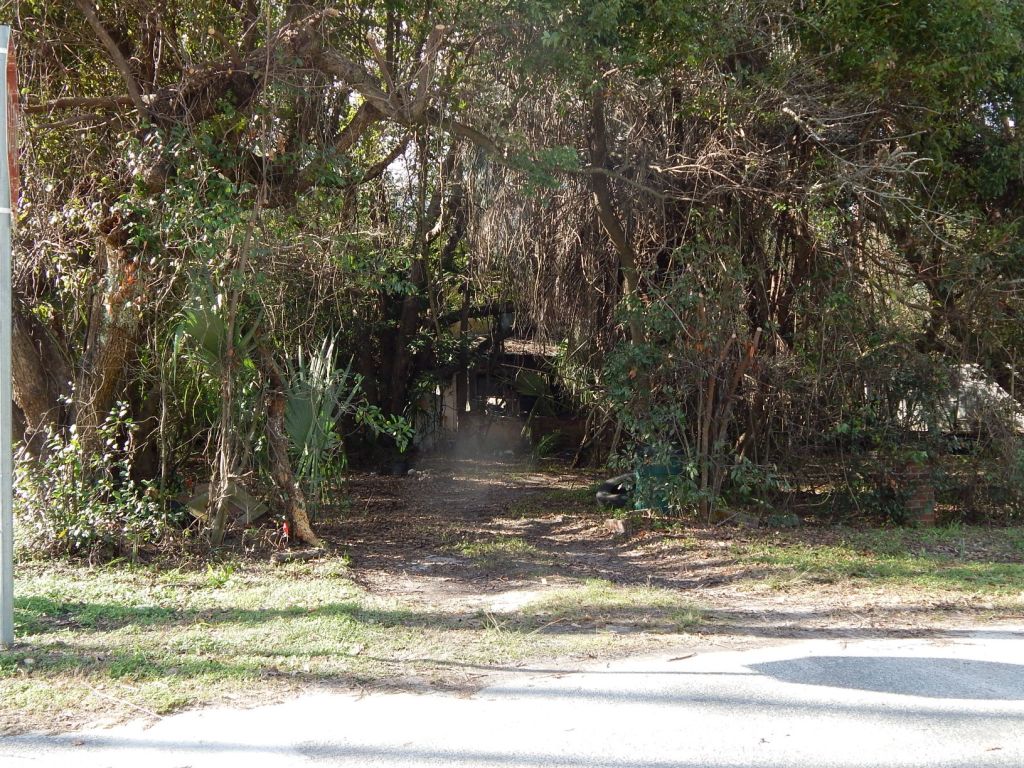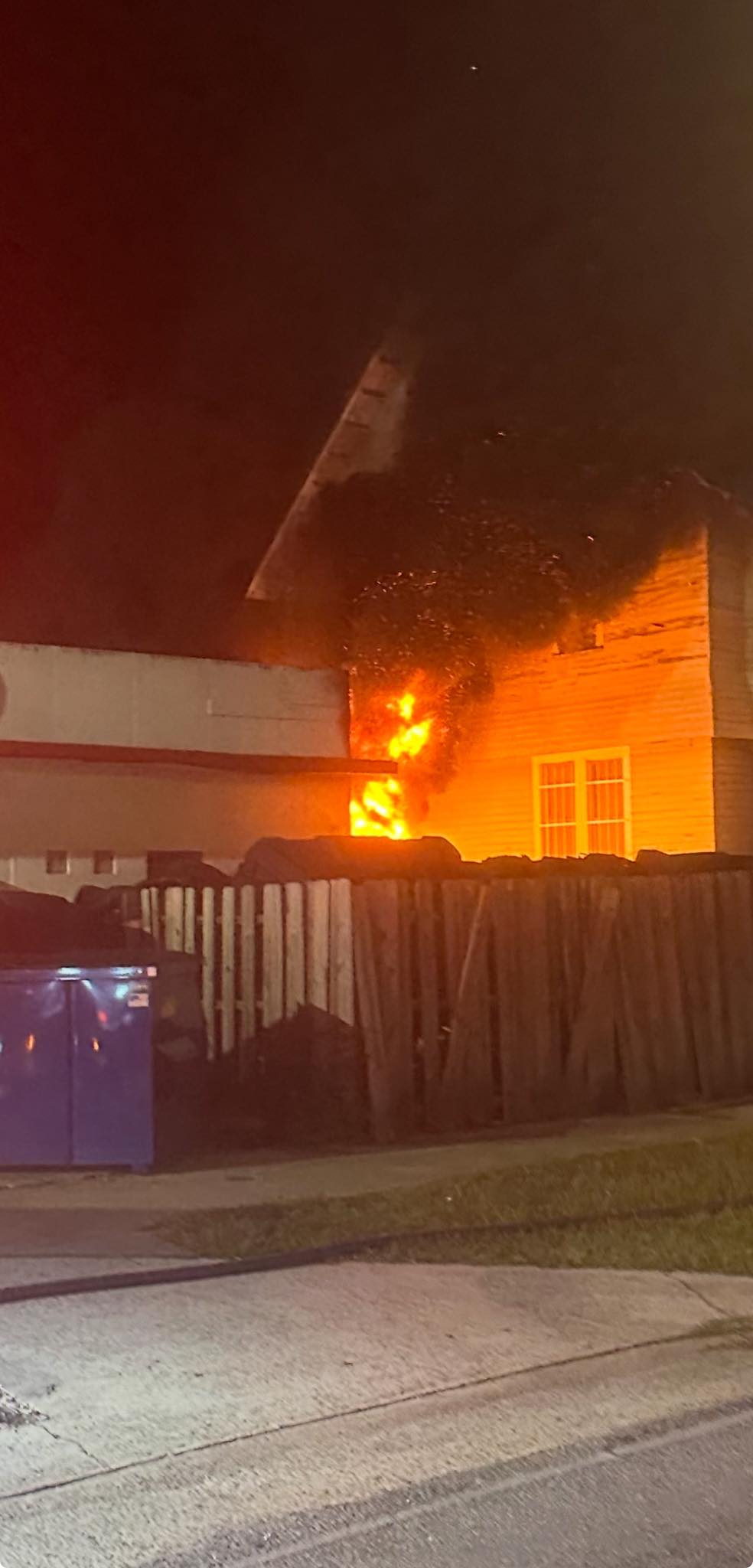Documentary to focus on Ruby McCollum case
Published 12:00 pm Thursday, January 8, 2015

- The site of Ruby and Sam McCollum's historic homestead
On a sticky hot Sunday in August 1952, a wealthy black woman named Ruby McCollum walked through the “colored entrance” of a doctor’s office in Live Oak near where Bank of America now stands and fatally shot a white doctor, state Sen.-elect Clifford Leroy Adams.
Prosecutors told the all-white, all-male jury that McCollum shot the doctor after an argument over a $116 bill. Yet she was the wife of a prominent businessman who ran a gambling outfit, and she was carrying around $1,800 in her purse on the day she shot him.
Trending
She testified that Adams, the son of a powerful political family who was known around town for caring for the poor, had forced her into a long sexual relationship that resulted in an unwanted child, and that she shot him in self-defense.
The case is the focus of a new documentary titled “You Belong To Me,” which compiles a decade of research and interviews with family members.
”Both families were negatively affected by this tragedy. A doctor and a wealthy powerful couple in town were gone in a flash,” said local historian and court clerk Eric Musgrove.
McCollum was found guilty and sentenced to death at her first trial but later avoided execution by winning an insanity plea. She was eventually moved to a state mental hospital. In 1974 the state’s high court found her legally insane, meaning her sentence was commuted. She died in 1992. The sordid tale has inspired others to tell McCollum’s story, with different conclusions about her motivations.
William Bradford Huie’s book “The Crime of Ruby McCollum” inspired the new documentary. In his telling, McCollum’s relationship with Adams was consensual, and she became a drug addict and killed him after losing her mind. McCollum had been receiving injections of some kind of intoxicating substance from Adams, it was told, but it was unclear whether she sought them out or he used the drugs to take advantage of her.
Huie’s conclusion didn’t seem right to the documentary’s producer Jude Hagin, a Florida film commissioner who discovered Huie’s book 14 years ago.
Trending
Family members told Hagin and the film’s researchers that McCollum was well-educated and prosperous and that the family believed the doctor had used drugs to control her.
“I could not wrap my head around the story, that a woman of Ruby McCollum’s stature … would see anything that could be a good future for her to have a sexual relationship with a white doctor,” Hagin said.
“I wanted to get family members on both sides to tell their side of the story,” Hagin said.
Trial transcripts from 1952 show Ruby told jurors she felt pressure to do what Adams told her to do, though the jury was told to disregard much of her testimony after the judge allowed dozens of objections from prosecutors.
“I was just so worried, I had to either yield or maybe die, I suppose that was what would happen,” Ruby McCollum testified, according to trial transcripts.
In the black community, the McCollum case was spoken of only in whispers, said Tameka Hobbs, a history professor at Florida Memorial University who grew up in Live Oak.
“With Ruby there was so much shame in the black community because of the sexual liaison, they really did not want to talk about it,” Hobbs said.
”You Belong to Me” doesn’t give viewers a definitive conclusion, but it sheds new light on the case and has sparked new discussions about race. Musgrove is receiving more requests for presentations on the case. Hagin hopes the documentary helps inspire funding for a feature film, which actor James Brolin has signed on to direct, should they get the money.
Live Oak today is a much different town than the one where Adams was slain, but the ornate 1904 courthouse where the McCollum trial took place is still the largest building around.
And issues of race still make headlines. The Suwannee Democrat wrote about the Southern Poverty Law Center in 2012 filing a federal civil rights complaint after a study found black children in Suwannee County and four other Florida school districts were punished or arrested at a higher rate than other students.
Some in Live Oak’s black community say that the case is still something older generations won’t talk about but that they see hope in new generations.
“Younger kids here do have better relationships with whites today,” said Alonzo Philmore, former president of the NAACP’s local chapter.
“But with older folks there’s still a great divide.”
You can learn more about the documentary at http://www.youbelongtome.net.
Reprinted with permission from the Associated Press.
Suwannee Democrat staff contributed to this report.





